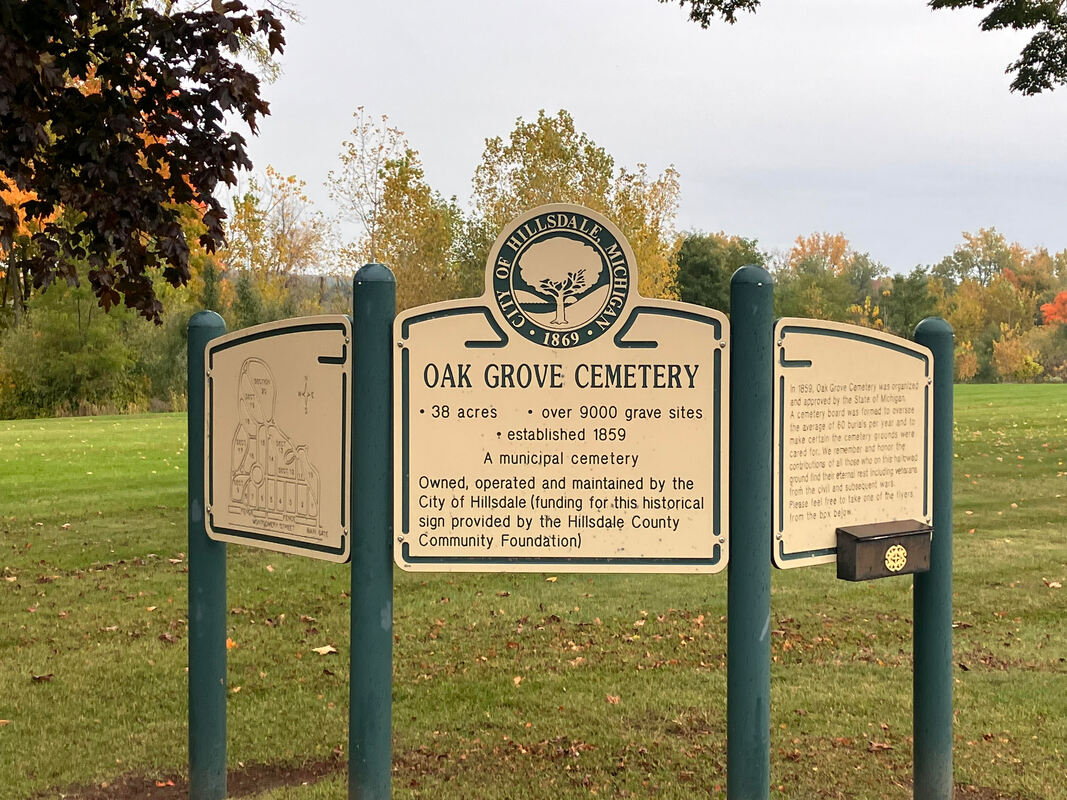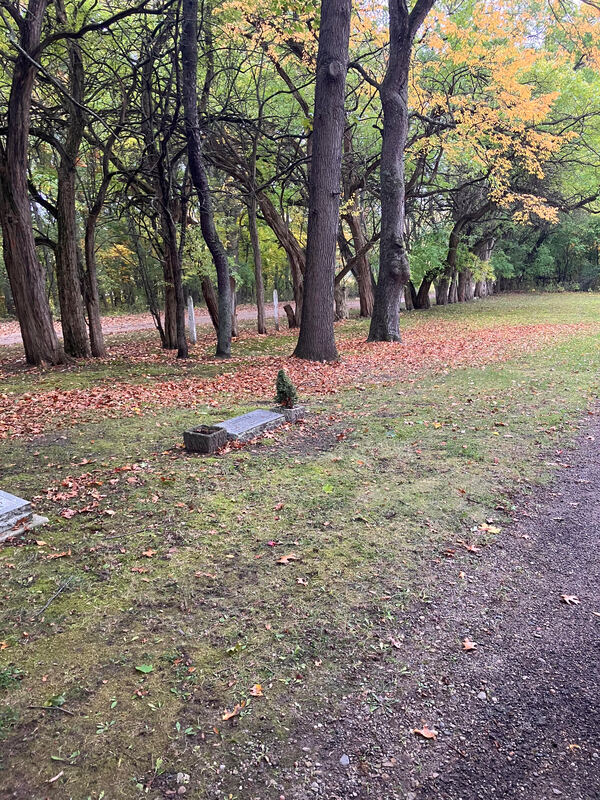|
By: Emily Carrington EPLA Founder Sometimes it feels like my miscarried babies disappeared into thin air. I never saw their bodies, I never held them, and I never buried them. Sometimes they feel almost like bodiless souls. Little beings that never came into being. I know they are valued. I know they existed. I know they are not here any more. But I am not sure I always know they died. As we approach the Christian commemoration of All Hallowtide, and specifically All Saints Day, I find myself thinking a lot about bodies and death. Traditionally, this holiday has been a day to remember our mortality, to remember our loved ones who have died, and to celebrate the souls in heaven. Trips to the cemetery are a very appropriate way to mark this holiday. But what about the parents of children who died in early pregnancy? Where can we go? Our babies are often not buried. They often do not have headstones. In our current culture, our babies’ bodies do not have a place among the dead. This is why the Early Pregnancy Loss Association bought a cemetery plot this week. While we would love to see a world where the bodies of children lost in early pregnancy are given the dignity of a final resting place, we know this reality is too far away for many.
So, we bought a cemetery plot, and we are buying a beautiful bench style monument with an inscription to all children lost in early pregnancy. We hope this is a place where a family can go and remember their little one lost to miscarriage. We know that ritual and time and place matter in the grieving process. We want to give you that place. We also know this is only one headstone in one cemetery, but we hope the idea of permanent memorials for miscarried babies will grow. We hope that one day every cemetery has a place for people to grieve these lives lost too soon. We want to make space for you. We want to make space for our babies. We must number our babies among the dead.
0 Comments
By: Maria Servold EPLA President
At the Early Pregnancy Loss Association, we talk a lot about how to help and support women after early pregnancy loss, especially during October, which is Pregnancy and Infant Loss Awareness Month. In addition to providing physical and informational support like we do with our free miscarriage care kits, it’s important to remember that many women will need ongoing emotional support following a loss. On our Hope Blooms podcast, we have talked with professionals about the benefits of seeking out counseling or a grief coach, and we’ve also talked about ways to help yourself have space to grieve. Another resource that you or a loved one may find helpful is this self-guided book, called The Miscarriage Map Workbook, written by licensed clinical psychologist Sunita Osborn, who also wrote a book about miscarriage called The Miscarriage Map. The workbook can help women move through trauma and grief using exercises and reflections, and the workbook also includes tips for medical professionals and therapists about how to help women after miscarriage. If this book looks like it may be helpful to you or a friend, we encourage you to give it a try and let us know what you think. EPLA exists to help families suffering from a miscarriage and encourage change in the culture surrounding the topic. Part of changing the culture is recognizing and rectifying the awkward language around the topic. Many loss parents have struggled with how to talk about the baby they lost, both with each other and friends and family. This struggle is captured well, in all its pain and toil, by Kayla Beth Moore in an article in Plough magazine, published earlier this year. The piece describes both the need to talk about her miscarriage and the difficulty of that task:
"No word seems to suit. One reason we are so silent as a society about pregnancy loss is that talking about it is terribly clunky. We are all afraid of saying the wrong thing, and for good reason. The wrong thing hurts, and most things are the wrong thing to say. My husband and I saw this problem early on. We also knew that we had to keep talking about it or our hearts would rot. We promised to each other that as we talked about it, we would always assume good will on behalf of the other person. And so we talked and stumbled in our talking, and hurt each other’s feelings, and forgave each other, and kept talking." If you’ve felt the strain of finding the right words to talk about your miscarriage or that of a loved one, know you are not alone. At EPLA we would love to hear your story and welcome submissions for our Hope Blooms publication. |
Archives
December 2023
Categories
All
|




 RSS Feed
RSS Feed